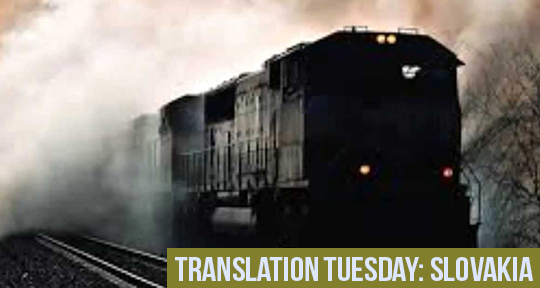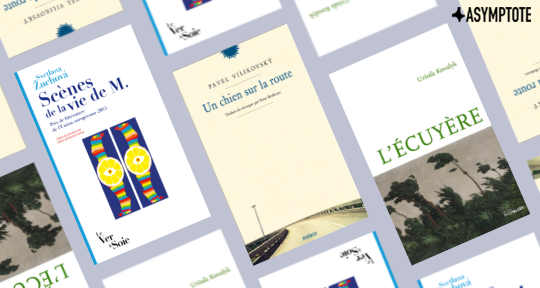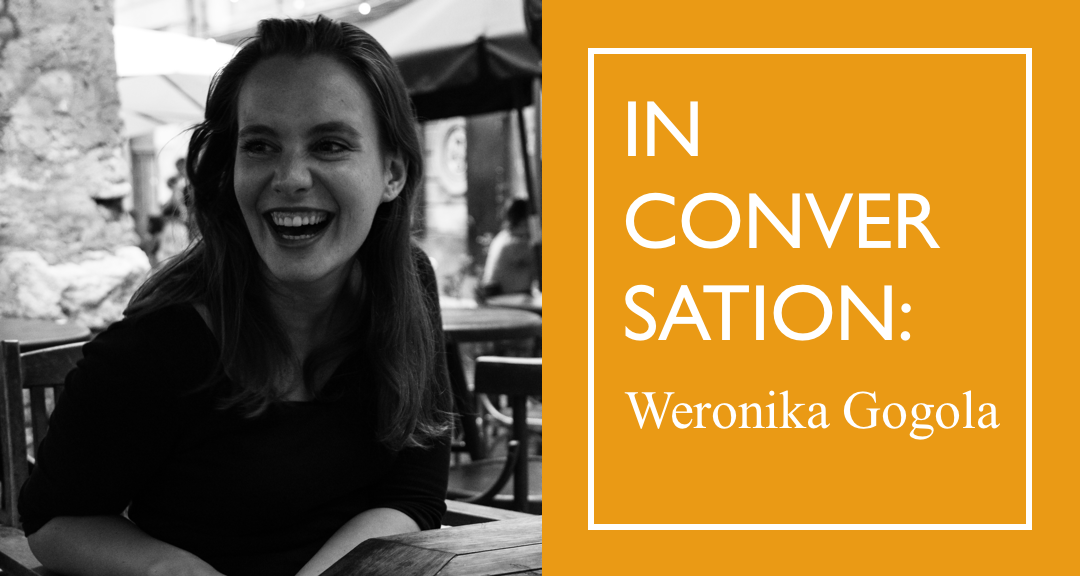This week’s Translation Tuesday honours one of Slovakia’s greatest writers on the eve of what would have been his seventy-ninth birthday (June 27). Translator Charles Sabatos writes:
The title story of Pavel Vilikovský‘s debut collection, A Sentimental Education in March (Citová výchova v marci, 1965), translated here for the first time, features the introspective meditation on everyday events that can be found in his later work, but in a more fragmentary style. A group of young people take a trip to Popradské pleso, a lake resort in the Tatra mountains, where two of them have a brief sexual encounter that leaves the young man disillusioned with intimacy and alienated from reality.
Pavel Vilikovský (1941-2020) had a distinctively ironic style that was rooted in Central European culture yet parodied the national myths of the region. He spent most of his life in Bratislava, although he briefly studied film in Prague before returning to Slovakia, where he became an editor and translator from English. During the “normalization” period of the 1970s and 1980s, Vilikovský preferred self-imposed silence to self-censorship, although he was never officially banned. He made up for this period of near invisibility with the appearance of three volumes during the last months of the Communist regime in 1989, including Ever Green is . . . (Večne je zelený) and A Horse Upstairs, a Blind Man in Vráble (Kôň na poschodí, slepec vo Vrábľoch), his first works translated into English (by Charles Sabatos for Northwestern University Press in 2002). His collection An Escalation of Feeling (Eskalácia citu), also published that year, was a mix of new and previously published stories, including a slightly revised version of “A Sentimental Education in March.” This reappearance was followed by three decades of prolific output, during which he won the prestigious Anasoft Litera award twice. Perhaps the most acclaimed of his later works was Fleeting Snow (Letmý sneh, 2014, translated by Julia and Peter Sherwood for Istros Books in 2018) which depicts a narrator dealing with his wife’s gradual loss of memory. After writing five novels between 2013 and 2018, the last of which was The Thrill is Gone (RAJc je preč, 2018), Vilikovský (who always resisted technology and never used the internet) lost a completed text due to a computer error, leaving him so demoralized that he stopped writing entirely. Upon his death a few months later, friends and colleagues remembered his lifelong modesty and generosity along with his artistic brilliance. According to the critic Peter Darovec, Vilikovský “never stopped viewing sentiment as the most important part of how a person functions, whether in communicating with others or with the world. He was able to rationalize it, to think about it analytically . . . Before him no one else had managed that in Slovak literature, no one had even come close.”
At the station, they were waiting. Waiting and waiting.
“One, two, three,” cried the black locomotives. “Ohh. Ohh.”
“Then I cried,” he said. “I cried up there in that cottage, at the lake in the mountains, and it flowed down the Váh River. She told me no, I can’t, no. Then: those three years. That was in the hallway. She went up the steps. Yes? I asked. Yes. Then I cried. Those three years. Those three years. It all froze down my cheeks.”
They stopped to get some water. “Whoo-hoo,” cried the locomotive.
“When I cried,” he said, “everyone saw it. All night. Yes? Yes. And up the steps. And down my cheeks.” READ MORE…






